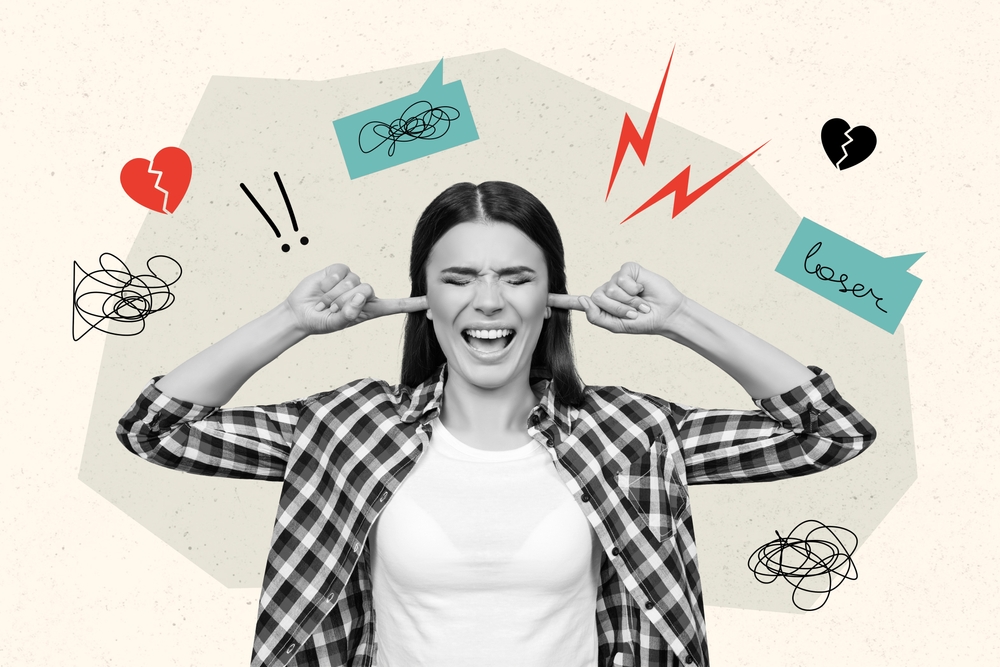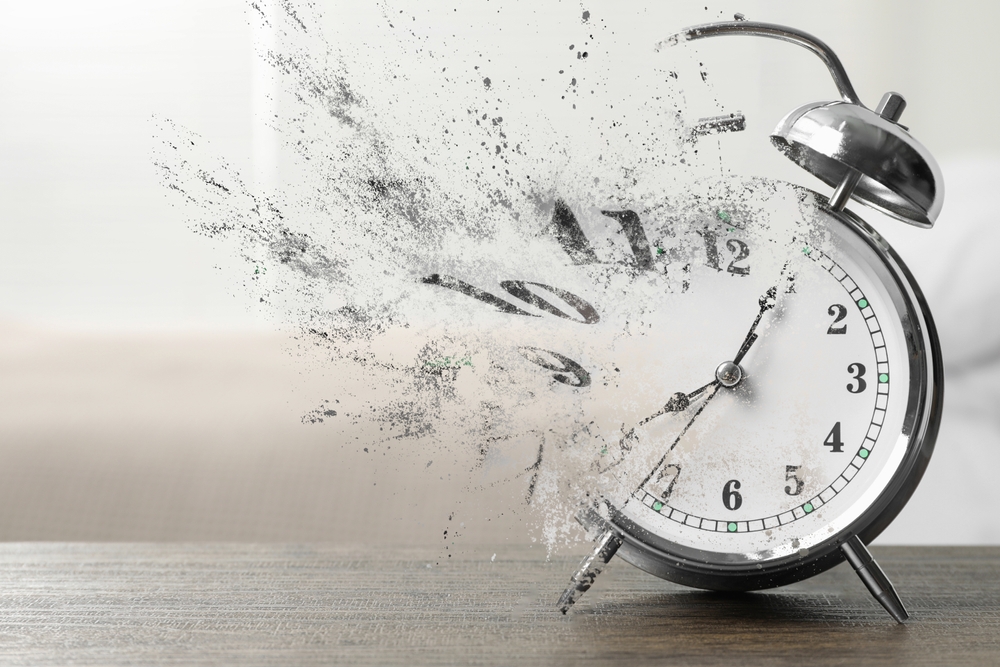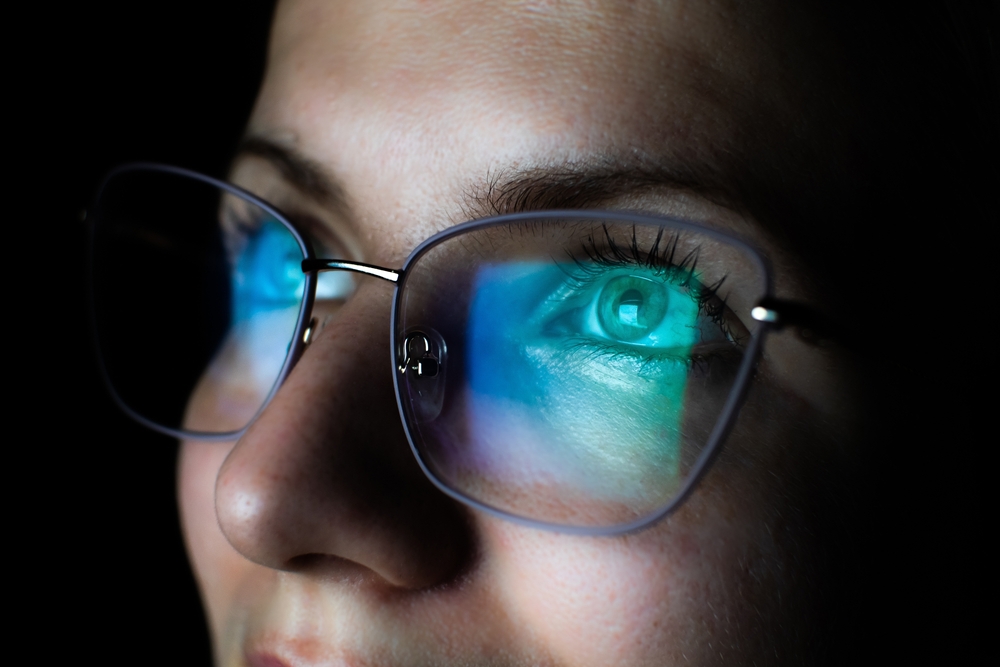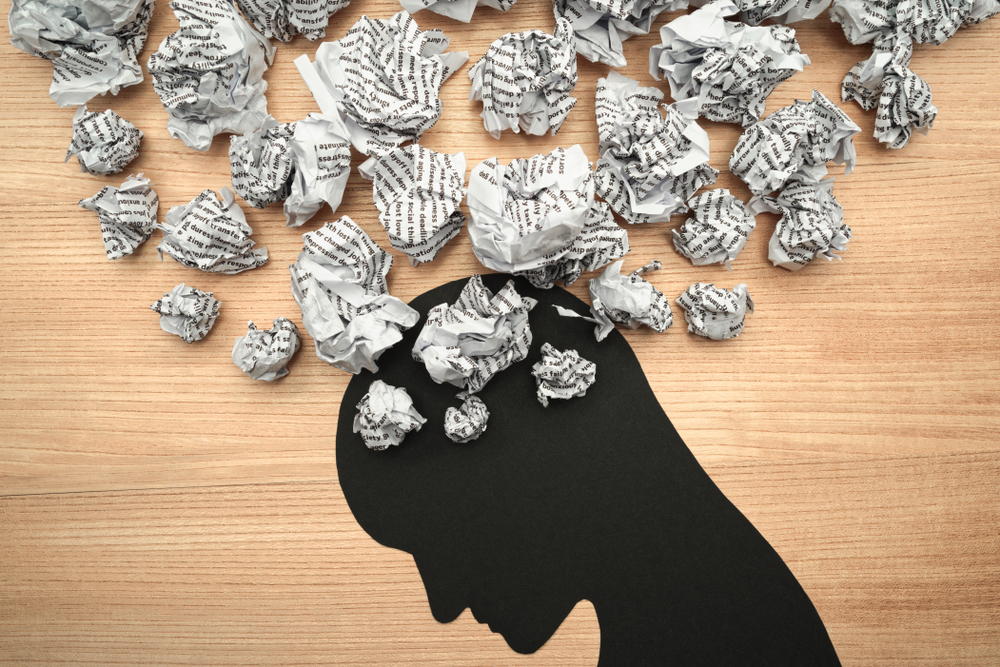Our minds are fascinating and powerful, but they’re not perfect or always reliable. From skewing our memories to distorting reality, our brains can mess up. Psychology has uncovered some wild ways our minds can play tricks on us; here are 13 that will surprise you.
1. The “Halo Effect” Makes You Misjudge People

If someone is attractive, you might automatically assume they’re smart or kind, too. That’s the halo effect—your brain uses one positive trait to fill in the blanks about someone’s character, leading to biased judgments about people without knowing them.
2. Your Brain Fills in Gaps in Your Memory

Do you think your memories are like a video playback? Think again. Your brain loves filling in gaps with details that might not have happened. This is called memory reconstruction. Over time, your brain subtly tweaks your memories, sometimes adding in things that weren’t there or leaving out things that were.
3. You’re Hardwired for Cognitive Biases

We like to think we’re objective, but cognitive biases—like confirmation bias—mean we’re more likely to notice information that confirms our beliefs and ignore what doesn’t. Your brain is giving you a tailored version of reality based on what it wants to believe.
4. The Spotlight Effect Makes You Think Everyone’s Watching

Ever walk into a room and feel like everyone is staring at you? That’s the spotlight effect—your brain tricks you into thinking others are paying way more attention to you than they actually are. The truth is, most people are too caught up in their stuff to notice your every move.
5. You’re Multitasking Skills Are Overrated

Think you’re a great multitasker? Your brain begs to differ. Psychology shows that our brains are terrible at handling multiple tasks at a time. What feels like multitasking is your brain switching back and forth between tasks, and it’s a lot less efficient than you think.
6. Your Brain Creates False Memories

You might swear you remember something exactly as it happened, but research shows your brain can create false memories. Sometimes, just talking about an event or hearing someone else’s version of a story can cause your mind to twist the details into something that never actually happened.
7. You Misjudge Time All the Time

Ever notice how time flies when you’re having fun but drags when you’re bored? Your brain’s perception of time is super flexible. Time distortion means your brain is constantly playing tricks on how you experience time based on how engaged or stressed you are.
8. Your Mind Thinks Shortcuts Are Okay

Your brain loves shortcuts—also known as heuristics—because they save mental energy. The problem? These mental shortcuts often lead to mistakes in judgment, like jumping to conclusions or making snap decisions without fully thinking things through.
9. Your Negative Experiences are Heightened

Bad memories stick with you longer because your brain is wired to focus on negative experiences—this is called negativity bias. It’s a survival mechanism that helped our ancestors avoid danger, but now it just means you’re more likely to dwell on the time you embarrassed yourself in front of your boss than that killer presentation you nailed.
10. You See Patterns That Aren’t There

Your brain loves patterns, even when they don’t exist. Patternicity is why you see faces in clouds or think there’s a hidden meaning in a random sequence of numbers. It’s your brain trying to make sense of the world, but sometimes it goes a little too far.
11. You Think You’re in Control

Your brain tricks you into thinking you have more control over situations than you do. This is called the illusion of control. Whether believing you can “will” your favorite team to win or thinking you can predict the stock market, your brain loves the idea of control, even when it’s unrealistic.
12. Your Confidence Is Inflated

Have you ever felt super confident about something, only to realize you were way off? That’s the Dunning-Kruger effect, where people with lower ability in a task tend to overestimate their skill. In other words, your brain might make you think you’re better at something than you actually are.
13. Your Perception is Warped

We all like to believe we see the world as it is, but the truth is that your emotions, past experiences, and unconscious biases shape how you interpret everything around you. Emotional reasoning is when your brain uses how you feel to convince you that something must be true, even when the facts don’t back it up.




